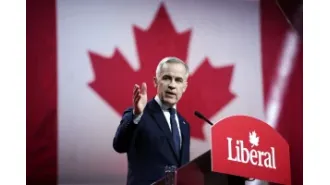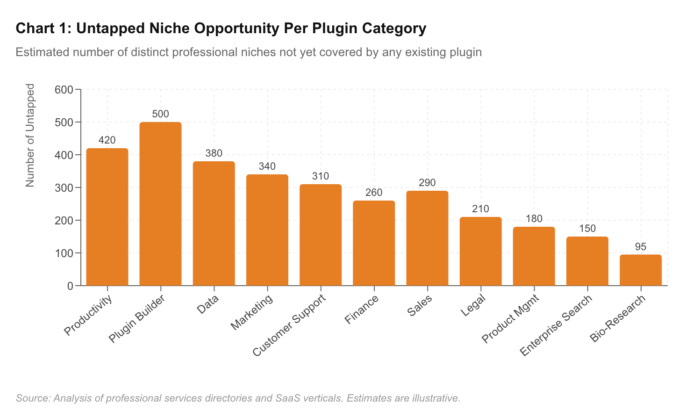Labour's policies only benefit the wealthy, causing harm to everyone else.
The party's over for Labour and the aftermath will be painful.

Labour certainly had a strong start in their first few weeks of being in power. It's no secret that the Conservatives' fourteen years of failure have left our public services in disarray and our country's finances in a dire state. However, the promise of "change" that Labour offered during the election now seems to have faded away, as we see them following in the footsteps of the Conservatives with their austerity economics. It's a never-ending cycle of the two parties pointing fingers at each other for causing economic turmoil and spending all the money.
In the beginning, Labour received credit for their positive news, including the implementation of popular measures that the Green party has been advocating for, such as the end of the de-facto ban on onshore wind, the start of the process to bring railways back under public ownership, and the resolution of the junior doctors' strikes. However, as with all honeymoon periods, it eventually came to an end.
On Monday, Chancellor of the Exchequer Rachel Reeves shocked the nation with her announcement of the first phase of spending cuts in response to an unexpected £22 billion deficit in the public finances, which she claims was left by the Conservatives. According to Labour, the only solution to this problem is spending cuts, resulting in the halting of the construction of new hospitals and the scrapping of plans to reopen railways – both of which would have had long-term benefits.
But perhaps the most concerning decision made by Labour is the termination of the universal winter fuel payment for pensioners, leaving only the very poorest eligible for pension credit with any lifeline. These are political decisions, influenced by Labour's refusal to increase taxes for the wealthiest individuals in society. Only three months ago, Keir Starmer, now Prime Minister, was demanding that then-Prime Minister Sunak rule out taking pensioners' winter fuel payments in order to fund the £46 billion deficit. It's ironic that he and his Labour government have now done exactly that.
These decisions may have been unexpected, but the warning signs have been there for some time. When Labour published their manifesto for the General Election, it was clear that there were significant holes in their budget. Their refusal to increase taxes on the super-rich meant that they would have to resort to more public spending cuts, which we simply cannot afford after 14 years of Conservative rule.
In fact, back in March, the Institute for Fiscal Studies (IFS) warned of a "conspiracy of silence" between Labour and the Conservatives regarding how they planned to fix the government's finances. The IFS analysis of Labour's manifesto showed that they would have no room for any additional spending compared to the current government's plans, which involve cuts to investment and unprotected public services. The only options, according to the IFS, were either to make these cuts, fudge the fiscal targets, or increase taxes. We now know that Labour has chosen the first option, setting the stage for more cuts and tax hikes in the autumn.
If there truly is an additional £22 billion deficit left by the Tories, then this is a disaster. It's more than four times what Labour had planned to increase public spending by and three times the increase in tax revenue outlined in their manifesto. It's clear that the only solution is to raise taxes for the super-rich, not cut vital services for the poor.
The real-terms spending cuts promised by Labour in their manifesto are expected to be around half the scale of the cuts made by the coalition government in the 2010s, totaling £16 billion at the high end. If an additional £22 billion must now be found, it's hard to see how struggling families can find any hope without the government making bold decisions to tax the wealthiest in society.
Instead, Labour has chosen to scrap the winter fuel allowance for pensioners instead of increasing taxes on the richest individuals. Fellow Green MP Adrian Ramsay questioned the Chancellor on Monday about introducing a wealth tax for those with assets over £10 million, which would raise billions of pounds and protect those affected by the cuts. Unfortunately, Rachel Reeves sided with the super-rich, stating that they will not be implementing a wealth tax as they want the UK to be a great place for investors. So, while it may be a great place for the rich, it's a sad reality for pensioners struggling in the cold winter.
It's clear that more severe spending cuts are on the horizon, and Labour is opposed to any significant tax increases for the super-rich. If they continue down this path, the harm caused by their cuts could be just as detrimental as those made by the Conservatives. The Green party's four MPs will continue to advocate for taxing the rich instead of cutting services for the poor. Do you have a story to share about these cuts? We'd love to hear from you – share your thoughts in the comments.
1 Views










